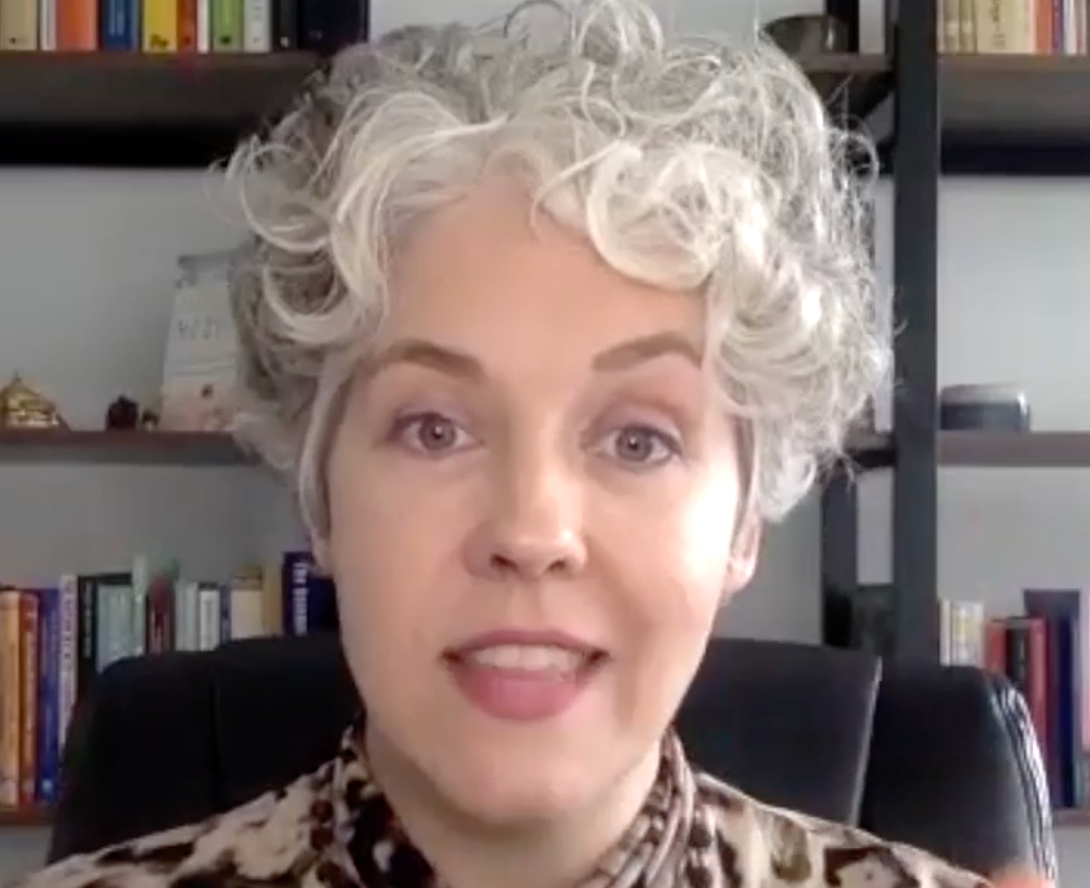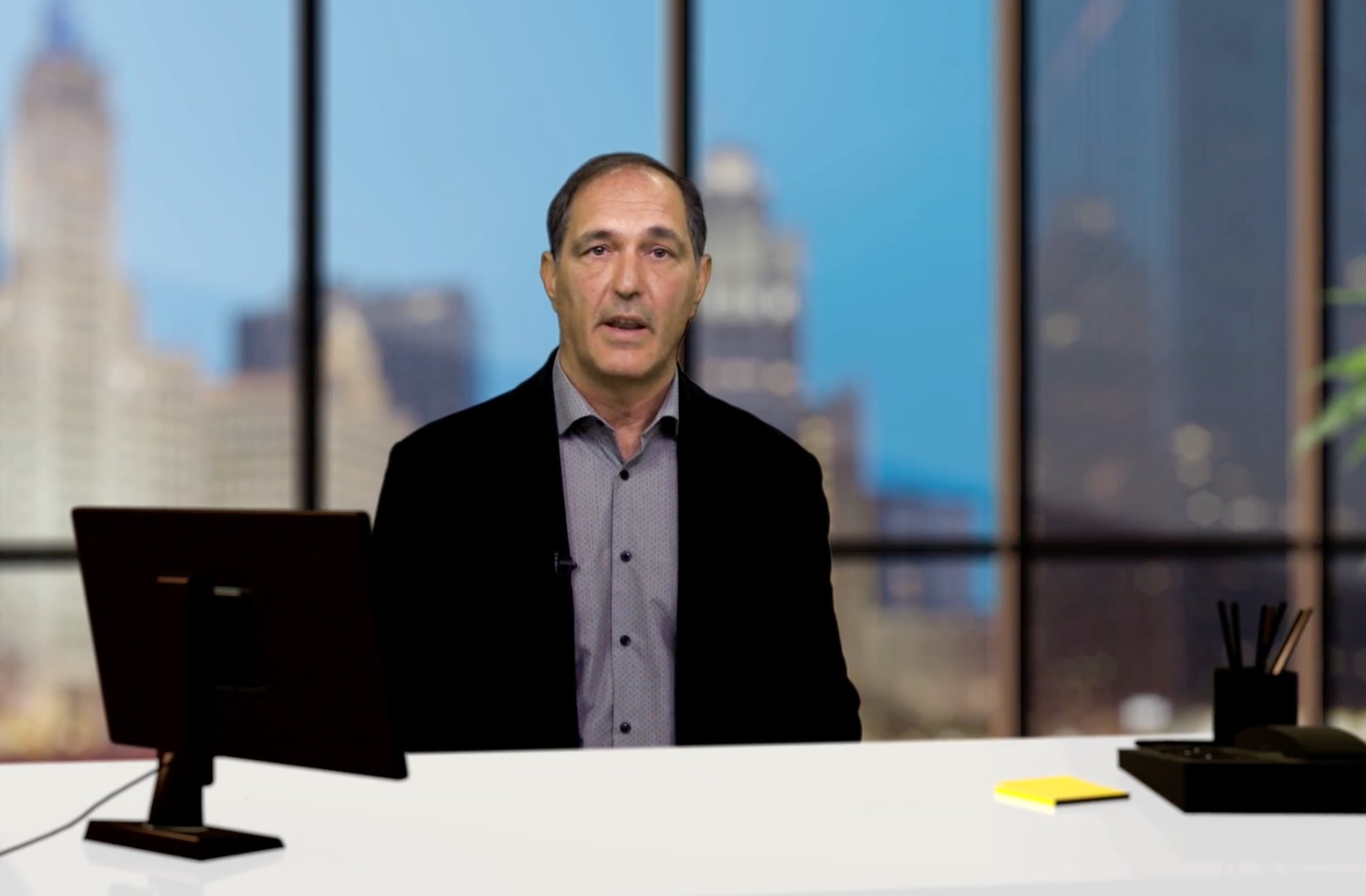- About Us
- Advertise
- Editorial
- Contact Us
- Terms and Conditions
- Privacy Policy
- Do Not Sell My Personal Information
© 2025 MJH Life Sciences™ and Dental Products Report. All rights reserved.
3 Ways Mindfulness in Practice Helps Reduce Stress

Caitlin Pop/stock.adobe.com
Between treating patients, making financial decisions for your business, and managing staff, being a dentist can be stressful. If you find yourself dealing with negative thoughts, focusing on an interaction with a patient after you leave the office, or having difficulty relaxing and being present after a long day, you are not alone. Mindfulness can help us cope—it is a type of meditation in which you focus on being intensely aware of what you are sensing and feeling in the moment.1 Mindfulness allows us to pay attention to the present moment without judgment2 and usually involves breathing exercises, guided imagery, and other practices to relax the body and mind and reduce stress.1 We generally believe our thoughts to be true, and when we are overidentified with our thoughts, it is easier to become prone to negative reactivity.2
The practice of mindfulness has been shown to be effective in reducing stress. A 2011 study concluded that practicing mindfulness, “brings about various positive psychological effects, including increased subjective well-being, reduced psychological symptoms and emotional reactivity, and improved behavioral regulation.”3 We have compiled several resources to help guide you through the practice of mindfulness.
References
- Mindfulness exercises. Mayo Clinic. September 15, 2020. Accessed April 7, 2022. https://www.mayoclinic.org/healthy-lifestyle/consumer-health/in-depth/mindfulness-exercises/art-20046356#:~:text=Mindfulness%20is%20a%20type%20of,mind%20and%20help%20reduce%20stress
- Khwaja M. The transformative effects of mindfulness in dentistry. Dentistry. September 23, 2020. Accessed April 7, 2022. https://dentistry.co.uk/2020/09/23/transformative-effects-mindful-self-compassion/
- Keng SL, Smoski MJ, Robins CJ. Effects of mindfulness on psychological health: a review of empirical studies. Clin Psychol Rev. 2011;31(6):1041-1056. doi:10.1016/j.cpr.2011.04.006

How to Start Effective Meditation
Jaya Jaya Myra, a best-selling author, TEDx motivational speaker, and mind-body wellness expert, offers steps to creating an effective daily meditation practice. She suggests finding a clean, uncluttered space free of distractions. Learning to lengthen and deepen your breathing can help slow down everything happening in the mind, she says. It is also important to understand that thoughts do not stop. Meditation is not so much the practice of “clearing your mind” but of refocusing on something specific, such as breathing or a personal mantra. Myra also explains that consistency is key—it is better to meditate for 10 minutes a day vs 2 times a week.

Mindfulness for Clinicians
Patrick Porter, PhD, creator of BrainTap Technologies, explains how mindfulness is beneficial to clinicians and patients. Today, many individuals are living under chronic, low-level stress with no outlets, Porter says. Meditation and mindfulness help activate what he refers to as the “thriving brain,” or the parasympathetic nervous system. Porter stresses the importance of breathing and breathing exercises to use while meditating.

American Dental Association (ADA) Wellness Resource Center
The ADA’s Mindfulness Techniques video series offers several introductory steps to guide you into the start of mindful meditation. Mark Abramson, DDS, adjunct professor at Stanford University School of Medicine in California, defines mindfulness as “nonjudgmental moment-to-moment awareness.” He states that mindfulness and awareness not only reduce stress in clinicians but also in patients and staff, creating a healthier, happier work environment. Dr Abramson explains how dentists are trained to be perfectionists and that we need to choose to be kind to ourselves. Other topics Dr Abramson covers include managing fear and the science behind stress.

 Download Issue: Dental Products Report May 2022
Download Issue: Dental Products Report May 2022

